The Fisherman of Halicarnassus, or Cevat Sakir Kabaagacli, was a true Renaissance man. He was an intellectual, writer, journalist, painter, poet, traveller, environmental activist, and historian. He planted the seeds that transformed a small fishing town into a major tourism and entertainment hub in the early 20th century.
He is one of the most influential figures in Bodrum’s history. For centuries, Bodrum was a fishing town, with most locals having fishermen or sponge divers among their ancestors. Yet, when locals hear the word “the fisherman” today, they don’t think of just any fisherman; they think of him, The Fisherman of Halicarnassus.
To me, he was a real-life hero. He wrote about the struggles of the local people and the rich history of the region. While he wasn’t a tourist guide himself, many of today’s tourist guides in Turkey consider him the forefather of their profession. His books inspired me to learn more about the culture and lifestyle of the Aegean region and Bodrum during my college years. He is my personal hero!
In This Article
The Life and Legacy of the Fisherman of Halicarnassus
The Fisherman of Halicarnassus was a man of many talents. He was born on April 17th, 1890, on the island of Crete and grew up in a family closely connected to the Ottoman Empire’s ruling class.
Cevat Sakir Kabaagacli’s father, Mehmet Sakir Pasha, served as governor and ambassador in various places, including Athens and Crete. His mother, Sare Ismet Hanim, was a Cretan. He was named after his uncle, Cevat Sakir Pasha, who was the grand vizier of Abdulhamit II, the 34th Sultan of the Ottoman Empire.
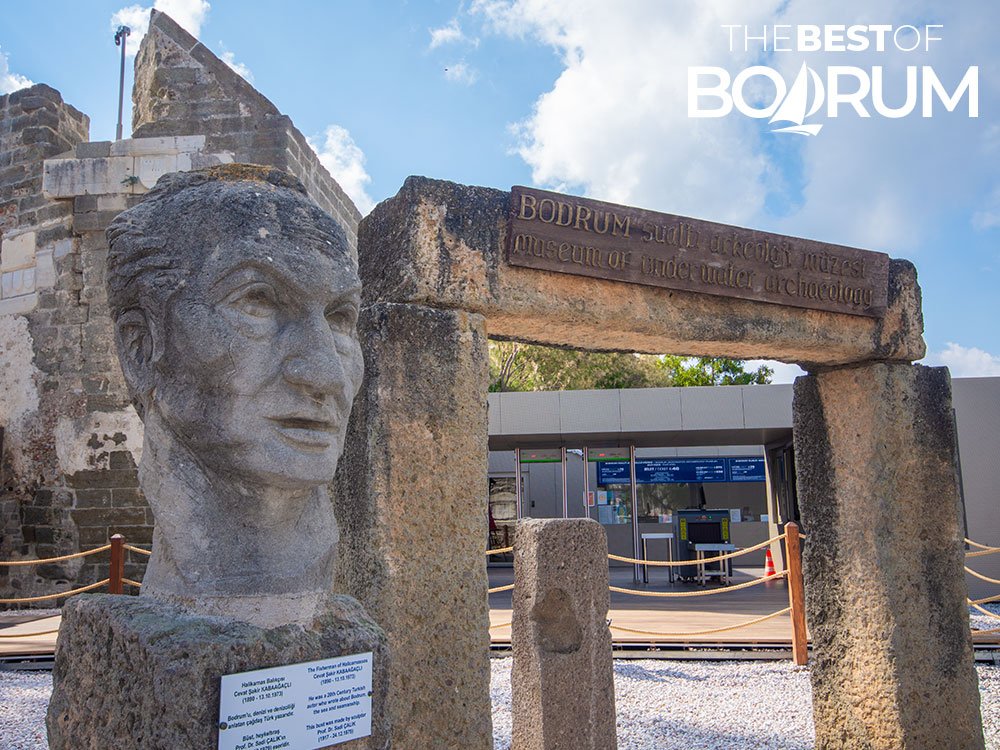
Kabaagacli spent his childhood in Athens, where his father was stationed as the Ottoman Ambassador. When he reached school age, he moved to Istanbul for high school. He graduated in 1907, the same year his first article was published in a newspaper.
Although his early life was shaped by privilege, fate eventually brought the Fisherman of Halicarnassus to Bodrum as a convicted exile, where he made an everlasting mark on the town’s identity and future.
Family Tragedy that Transformed a Life
Cevat Sakir’s journey to becoming the Fisherman of Halicarnassus was not without hardships. Despite his dreams of becoming a sailor, his father sent him to study history at Oxford University. After marrying an Italian woman in 1913 and living in Italy for a short time, he returned to Istanbul and became a newspaper columnist.
In 1914, his family got into financial trouble and moved to their farm in Afyon, where a family tragedy transformed Kabaagacli’s life. During a heated argument, he accidentally shot and killed his father, leading to his imprisonment.
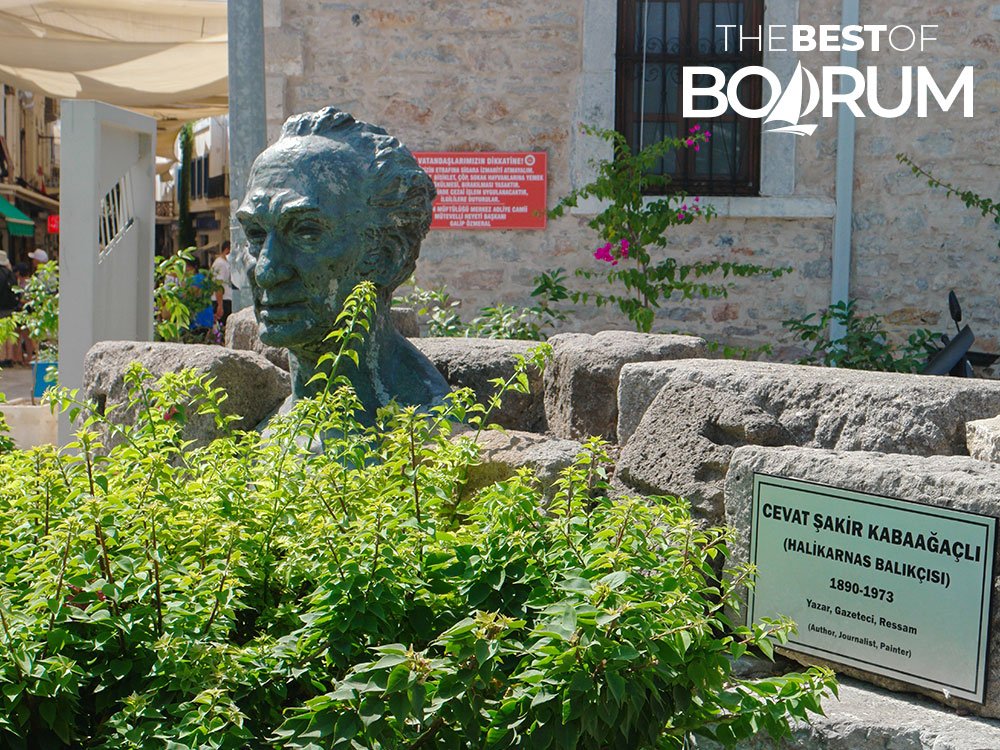
As a contrast to being a glorious touristic destination welcoming millions of visitors every year, Bodrum is still a small town where people know each other and enjoy gossiping! Some of my local friends suggested that this accident might not have been an accident at all. They claimed that the argument, which ended in the death of Cevat Sakir’s father, was due to his father’s emotional attachment to the Fisherman’s wife. However, as I said, people in small towns love to talk about others. It’s best not to give credit to these rumours and stick to the official records.
Cevat Sakir was sentenced to 15 years in prison for murdering his father. However, he served only 7 years of his sentence, as he was released prematurely due to tuberculosis he contracted in prison.
Exile in Bodrum
After his release, Kabaagacli had to work and began writing stories and essays for various newspapers in Istanbul.
In 1925, another turning point occurred in his life. One of his articles, which questioned the use of death sentences, resulted in his exile in Bodrum. This small, isolated fishing and sponge-diving village, far from bustling Istanbul and without road access, became his new home. For many, exile would have been a punishment, but for Kabaagacli, it was a blessing. He spent three years in Bodrum and fell in love with its natural beauty and the simple yet challenging lives of its people.
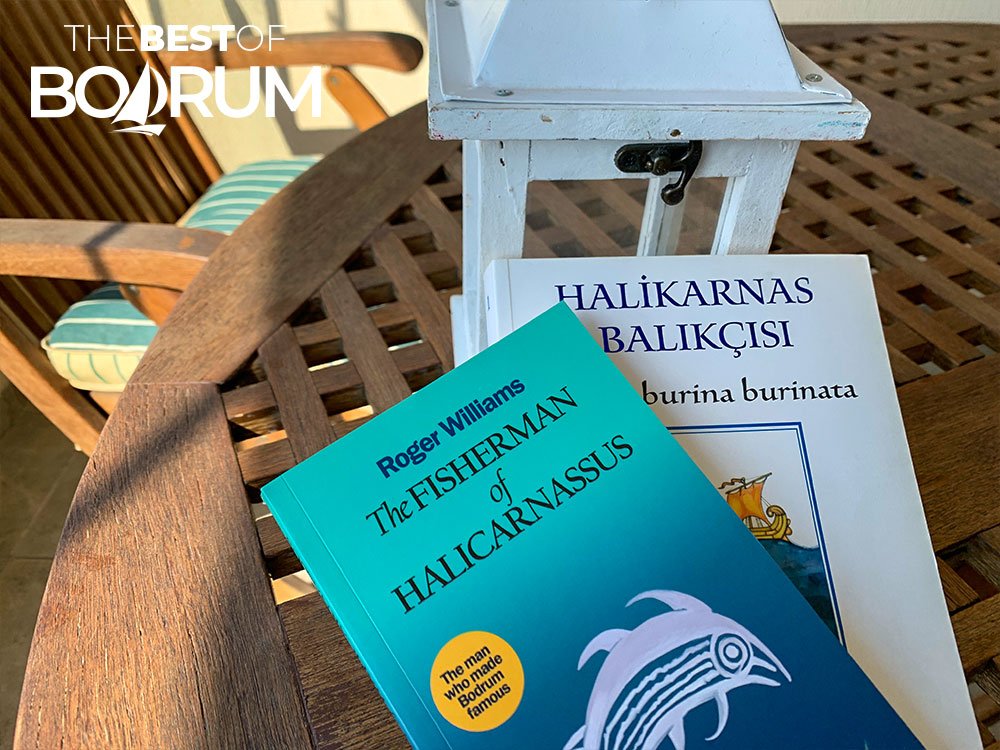
After serving half of his exile in Bodrum, Cevat Sakir returned to Istanbul. But the call of Bodrum was too strong to resist. He voluntarily returned to the town and spent the next 25 years there. During this time, he earned the nickname “Fisherman of Halicarnassus”, after the ancient name of Bodrum, Halicarnassus.
He wrote stories about the daily lives of fishermen and sponge divers, illustrating how the sea shaped their existence. Through his writing, he immortalized the unique connection between Bodrum’s people and the Aegean Sea.
The Birth of the Blue Cruise and Environmental Efforts
While traveling along the Aegean coast, the Fisherman of Halicarnassus was captivated by the extraordinary beauty of the region, where turquoise waters meet lush green mountains. This landscape inspired many of his books. At the same time, he wrote letters to his friends in Istanbul, inviting them to experience this beauty with him. As his friends – journalists, poets, and writers – answered his call, the idea of the “Blue Cruise” (Mavi Yolculuk) was born. Today, the Blue Cruise has become synonymous with exploring Turkey’s coastline by boat, a dream experience cherished by both locals and tourists alike.
Cevat Sakir was not only a writer but also a man deeply committed to environmental preservation. He personally planted thousands of trees to reverse deforestation along the coast. He also introduced new and innovative ways to improve the livelihoods of Bodrum’s residents, helping them generate income from sources other than fishing and sponge diving.
His activism for both people and nature is one of the reasons he remains beloved in Bodrum even after all these years.
The Fisherman of Halicarnassus: A Symbol of Bodrum
Cevat Sakir’s legacy is an important part of Bodrum’s identity. His name is omnipresent throughout the town – on street signs, trees he planted, cafes and restaurants, and even the Aegean gullets that sail the crystal blue waters. When someone says “the fisherman” in Bodrum, they’re not talking about just any fisherman, they mean the Fisherman of Halicarnassus.

His influence extends far beyond his time. Bodrum’s residents take pride in his contributions, and his works have inspired generations to appreciate the cultural and natural wealth of the Aegean region. Despite his undeniable impact, it’s unfortunate that Bodrum still does not have a museum dedicated to his memory. Although some of his personal belongings are displayed at the Bodrum Maritime Museum, I believe one of his former homes should be turned into a museum. This would be an appropriate tribute to the man who changed the course of Bodrum’s recent history.
A Lasting Influence on Turkish Literature and Culture
The Fisherman of Halicarnassus passed away in 1973 after battling cancer. In accordance with his last wishes, he was buried in Bodrum. His coffin was placed on a boat named “Halikarnaslim” (My Halicarnassian) and sailed across the bay for one final farewell to Bodrum.
At the Bodrum Maritime Museum, next to the model of the “Halikarnaslim” boat, his daughter’s words about her father’s funeral are inscribed:
My father’s coffin was placed on the boat ‘Halikarnaslim’ and became seaborne for a while. The Fisherman of Halicarnassus was able to say farewell to his beloved Karaada and Salmakis. The boat carried the coffin all around the bay, then rounded the castle where it was brought ashore. There was a call in the harbor: ‘Only the fishermen should come forth,’ and thus my father’s coffin was entrusted to them.
Ismet Noonan Kabaagacli, October 1973

Cevat Sakir’s contributions to Turkish literature are vast. He published more than 30 novels, along with countless stories and essays. His books include works in both Turkish and English, such as Halicarnassus Guide, The Mediterranean Civilization, and An Outline of the History of Turkey. He is considered one of Turkey’s most important intellectuals of the 20th century. His works not only shaped Bodrum’s image but also introduced the region to the world, paving the way for its transformation into an international tourist destination.
Final Words
The Fisherman of Halicarnassus was more than just a writer. He was a visionary, an environmentalist, and a champion of the Aegean way of life. His passion for Bodrum and its people left an indelible mark on the town and its culture. Through his stories, he brought the world to Bodrum, and in return, Bodrum became his lifelong home. His legacy lives on, not only in the pages of his books but also in the hearts of those who continue to celebrate his memory.
Like I said, he is my hero! I feel truly lucky to have met people who personally knew the Fisherman and heard his adventures directly from them.
To the Fisherman,
With love and respect…

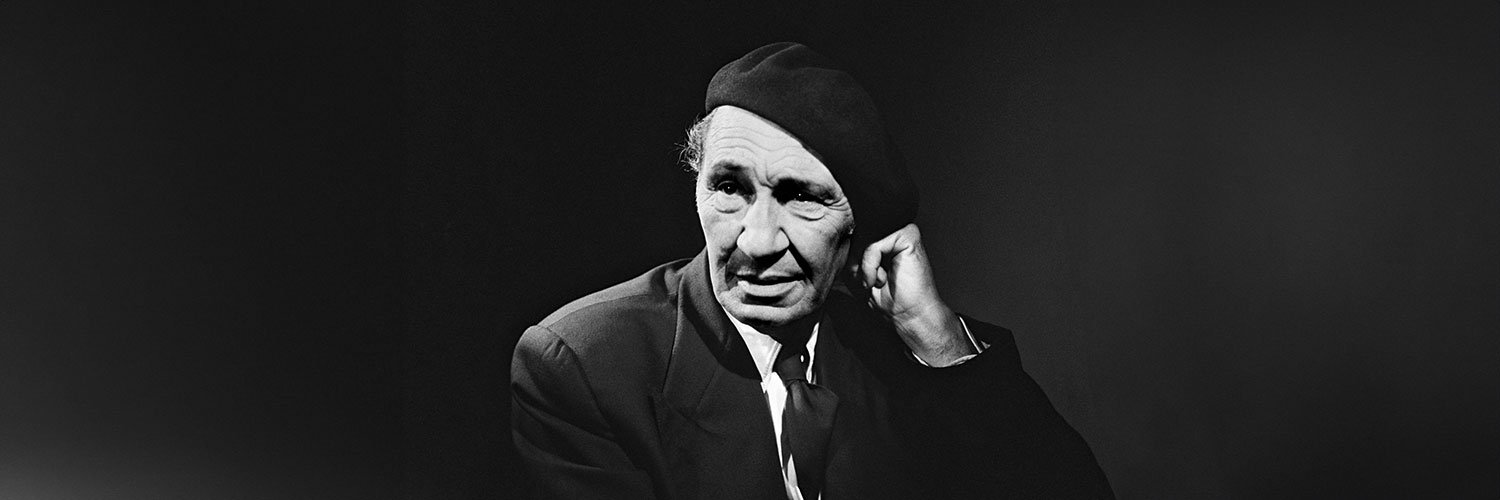
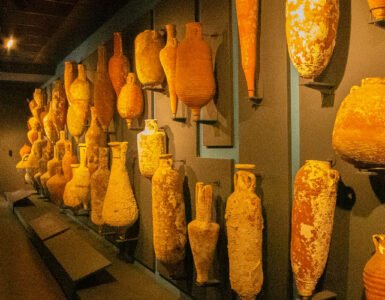
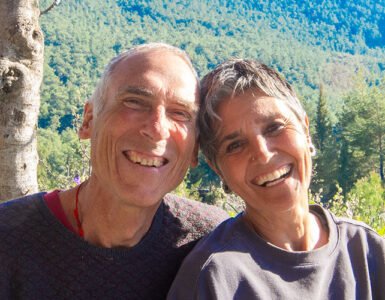
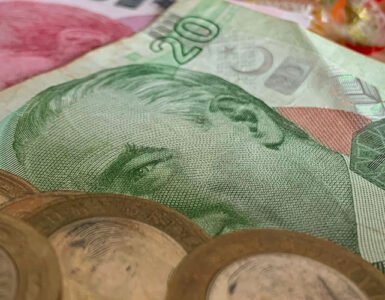











Add comment